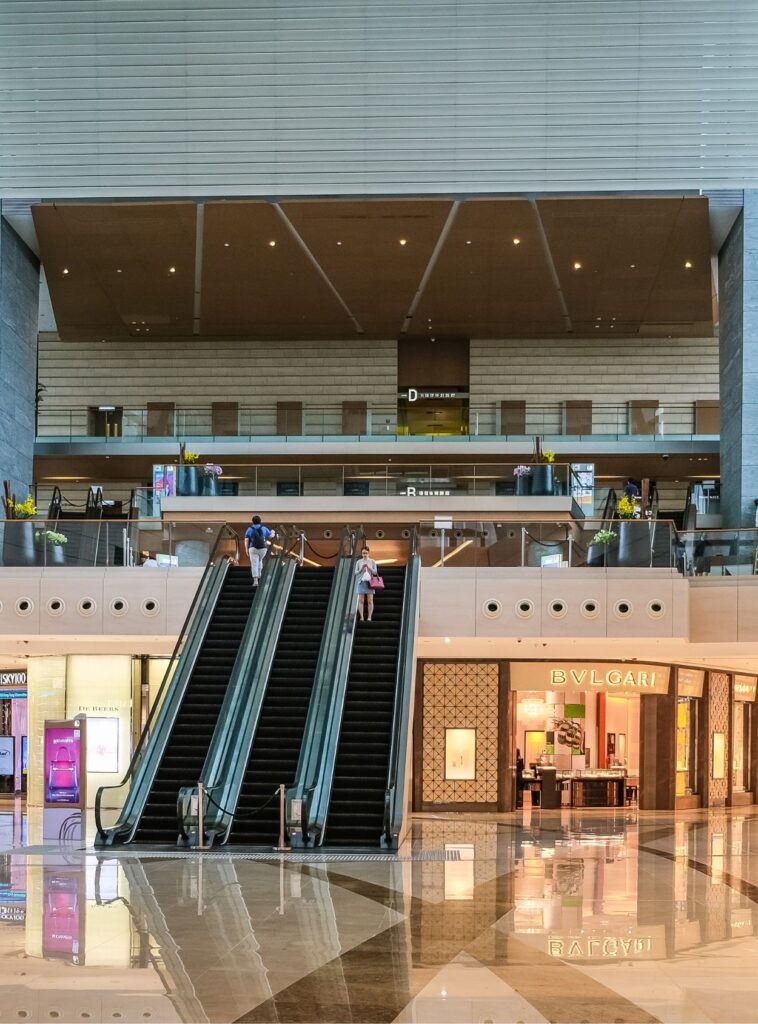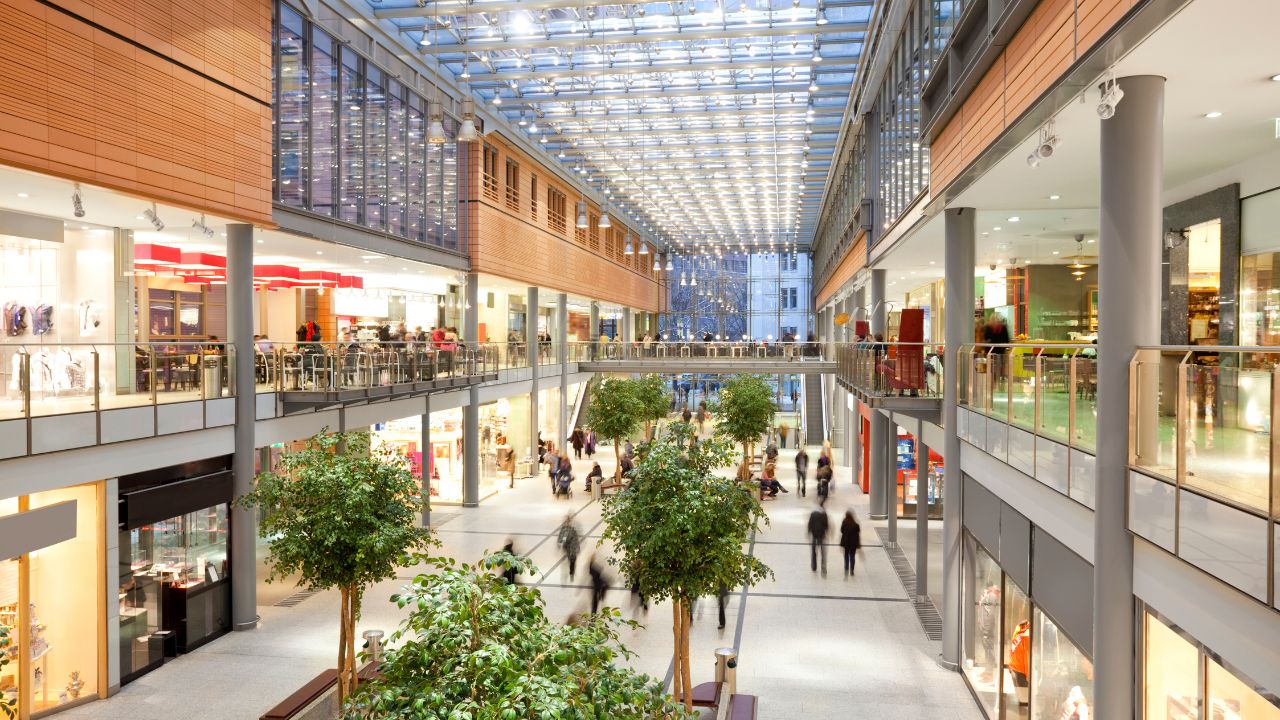Shopping Centre Leasing – How to Find More Retail Tenants
When leasing and managing a retail shopping center today, you need a source of good tenants to underpin your tenancy mix and vacancy profile.
Many retail tenants come and go from the property as part of the typical tenancy mix churn. There is no point in waiting for a vacancy in your tenancy mix.
It pays to take action before the event and keep in contact with the suitable types of tenants that can move into your property.
Tenant Shop Leasing Facts
Here are some observations regarding retail leasing as it applies to shopping centers:
- MAINTENANCE: If the property is poorly maintained, it will detract from occupancy and customer visits. The property becomes too hard to occupy and generate sales. Landlords that cut corners on property maintenance usually find the elevation in vacancy rates and lower market rentals becomes a problem. There is a distinct relationship between the tenants, the landlords, and the customers. All parties must work together to create harmony in a retail shopping centre. Maintenance of the property will be part of that. Develop a maintenance plan for the property that attracts customers and tenants alike.
- MARKETING: If the property is not marketed to the local shopping community, surrounding properties may attract more of your customers. The marketing process in retail shopping centers is part of the annual business plan to support rental and tenant stability. It is not unusual for landlords to contribute to the marketing of the shopping center in addition to the marketing contributions of the tenants.
- So what is the marketing plan for the retail property over the coming 12 months? Those decisions should already have been made considering seasonal festivities, the region, the climate, and the community. Today’s marketing plans for shopping centers are complex and include websites, social media, community groups, tenant involvement, and customer attraction factors. When you get the retail property marketing plan on paper as part of the property business plan, you can improve it year by year.
- LOCAL PROPERTIES: You can find new tenants for your property in other retail properties nearby. This says that you should monitor the activities of all competing shopping centers and their relative tenant mixes. Tenants will leave other properties for various reasons and, in most circumstances, want to establish retail trade nearby. It is essential that you identify the right tenants and not those who are struggling to establish their businesses. Focus on the right tenant groups that can balance your tenant mix. Work with the tenants in other properties well before their lease expires.
- FRANCHISE GROUPS: Contact the local retail franchise groups and franchise tenancies. These groups will have property managers that select new retail premises for incoming and new business owners. It is a wise move to understand their retail business model and their desired property type.
- Some of those franchise tenants will need other locations. Typically, these franchise groups will also have a specific lease document when negotiating for new premises. This is not usually a problem, although the documentation needs understanding from the landlord and the landlord’s solicitor. There may need to be some negotiation within the lease document to allow the landlord to have some desired points of control over the lease term.
There are always groups of tenants that are more successful than others. There are always properties that are more successful than others.
Identifying these opportunities, and working with them, will help you. That is how you become a successful retail leasing agent or property manager.







